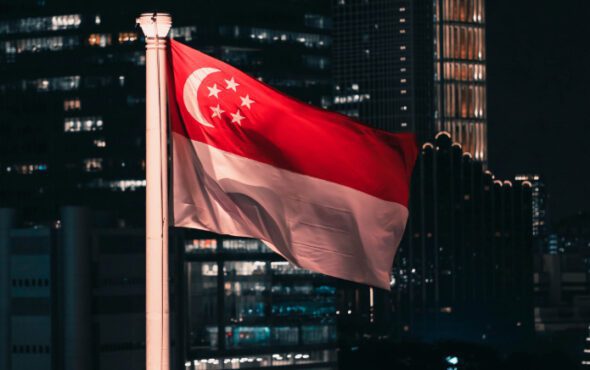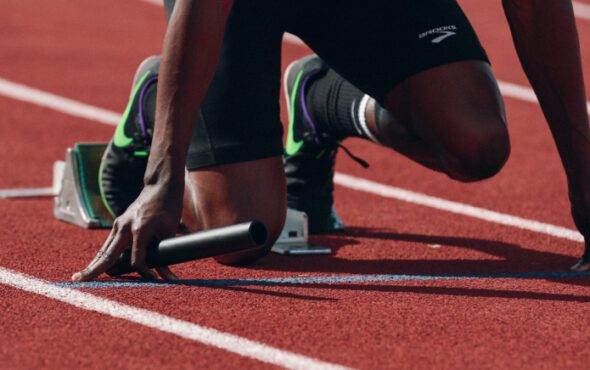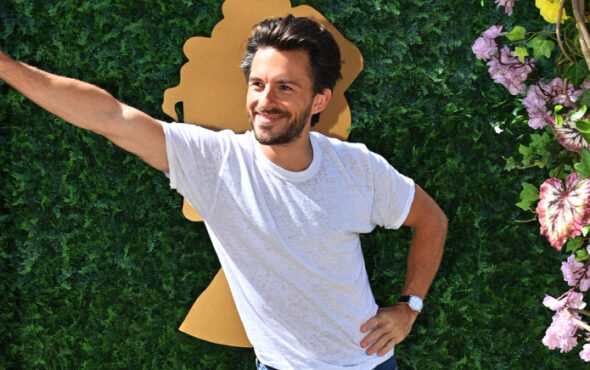
Asian countries are struggling to match global progress on LGBTQ+ rights despite positive steps this year in Singapore and Vietnam, Washington’s first openly lesbian ambassador told Openly in an interview.
Indonesia banned sex outside marriage earlier this month, and legal experts said an article in the nation’s new criminal code could reinforce discriminatory and sharia-inspired bylaws at a local level, posing a particular threat to LGBTQ+ people.
“In the case of Indonesia, they’re marching towards criminalisation in the face of all these other countries that are decriminalising,” said Ambassador Chantale Wong, US director of the Asian Development Bank, which promotes social and economic development in Asia and the Pacific.
While Singapore legalised gay sex in August and Vietnam declared homosexuality was no longer “a disease”, Wong said 19 countries in the region still criminalise same-sex relations.
“There are positive movements, but some (countries) are still struggling,” Wong said in a video call.
“These countries still target LGBTQ people, criminalise them, persecute them, some execute them, there’s public caning in (the Indonesian province of) Aceh,” she added.
Other countries in the region that outlaw same-sex relations to varying degrees include Malaysia, Bangladesh and Papua New Guinea.
Wong, 68, became the first openly lesbian US ambassador as well as the first LGBTQ+ person of colour promoted to the rank when she was appointed by President Joe Biden and later confirmed by a Senate vote in February 2022.
She described her appointment as a “long time coming” after the first openly gay US ambassador, James C. Hormel, took office in 1999.
“Since then, we’ve had over two dozen openly gay white men who have been nominated, both career foreign service and political appointees, so we’ve had successes in getting gay white men appointed as ambassadors to represent the United States,” Wong said.
“So it is historic, and I’m hoping that very soon I’ll be joined by others.”
‘HUGE IMPACT’
Born in Shanghai, Wong emigrated with her grandmother to British-ruled Hong Kong at the age of six to escape the Great Chinese Famine, which killed more than 30 million people.
She attended boarding school in Macau and high school in the US island territory of Guam, where she received a scholarship to a college in Hawaii.
In 2001, she was appointed by then-President Bill Clinton to the Asian Development Bank’s board of directors, serving for 11 months as the organisation’s acting US executive director, the same role she holds today.
“I didn’t have the (ambassador) title, but I had the job,” she said, speaking from her office in the capital of the Philippines, Manila.
More than 20 years later, she has both. But while she said her office and the role itself are much the same as she remembers, “the region has definitely changed”.
“Poverty, economic growth, environment, climate change – there are a lot more crises going on,” she said.
Many of the challenges facing Asia are taking a particular heavy toll on members of the LGBTQ+ community, Wong said, recalling a recent experience she had in India’s financial hub, Mumbai.
“We were in bumper-to-bumper traffic, and I saw a transgender person come to our window begging,” she said.
“It had a huge impact on me … It was emotional for me to see that society can discard an entire group of vulnerable people.”
Wong and the Biden administration are pushing for the Asian Development Bank to recognise sexual orientation and gender identity among its “safeguards” to ensure the organisation’s development projects consider the needs of LGBTQ+ people.
Biden has championed LGBTQ+ rights during his presidency, and last week signed the Respect for Marriage Act into law, providing federal recognition to same-sex marriages.
At the U.S. midterm elections in November, more than 400 LGBTQ+ candidates were elected to public office nationwide, setting a new record.
Wong praised the so-called rainbow wave as a win for LGBTQ+ visibility in politics and an “example” for countries in Asia and around the world where gay, transgender and bisexual people are still denied equal rights.
“It’s great. I think we need to emulate that here in the region,” she said.
Reporting by Seb Starcevic in Melbourne; Editing by Hugo Greenhalgh and Lucy Middleton.
GAY TIMES and Openly/Thomson Reuters Foundation are working together to deliver leading LGBTQ+ news to a global audience.



